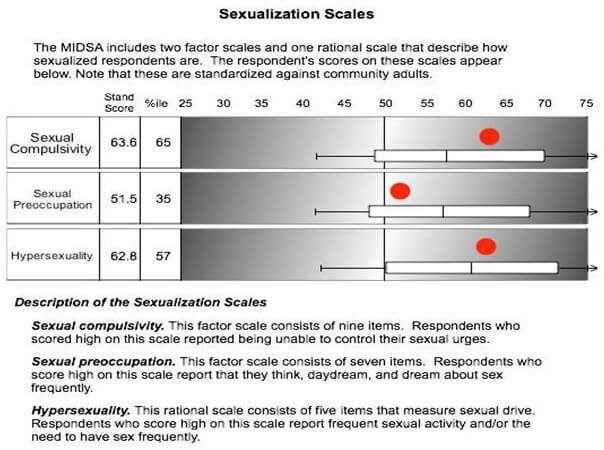Our Goal
Our goal is to help patients ‘honor their own experiences’ as a means of understanding events, and the reaction to them, in a compassionate manner.
To use one example: A patient who had always considered himself unintelligent completed a written assignment on his childhood. He reported that his mother, who did not speak English, could not understand directions for homework. She would grow frustrated at this, and responded to her frustration by calling her son ‘stupid.’ This was internalized by the patient as a ‘grim belief,’ and stayed with him into adulthood. It was not until he completed the assignment inside the group room that he realized, almost in real-time, that he was not, in fact, stupid. His mother was acutely agitated, and ‘vented’ her agitation in a manner that hurt her son. Shame associated with his level of intelligence, which had been present from childhood (and which had been ‘dealt with’ by compulsive pornography use), was markedly reduced. The ‘need’ to use the vice of pornography, due to this, was diminished as well. This is what we call ‘cleaning the machine.’
If we do our work right, the promise of this kind of psychotherapy is that the internal conflict leading to the vice is weakened or eliminated, and this leads to much less of a felt ‘need’ to engage in the compulsive behavior. Our goal is to free patients from these grim beliefs, to give them more peace in adulthood, and less of a drive to use self-defeating behavior as a way to cope.
Assessments
Each patient seeking therapy at Intrapsychic undergoes comprehensive assessment, inclusive of psychological testing, and these results are both shared with the patient and used to formulate a treatment plan. To use one example, repetitive and intrusive sexual thoughts and behavior have recently been separated into three domains:
Hypersexuality: Frequent sexual activity or the need to have sex frequently.
Sexual Preoccupations: Thinking and fantasizing about sex.
Sexual Compulsivity: The felt sense of being unable to control sexual urges.
These are each measured differently, and a subject’s score on a specific test can be measured against two comparison groups. The patient is provided a summary of results, and the treatment plan is updated.
Did you know?
Information from two data sets (one juvenile, one adult) indicates that Male Caregiver Psychological Abuse is related to the adult outcome variable of hypersexuality.
While we do engage in ‘solution-focused’ psychotherapy, we also help patients ‘return to the scene of the crime’ as it were, by using attachment-based questions, to make sense of poor treatment by caregivers.

